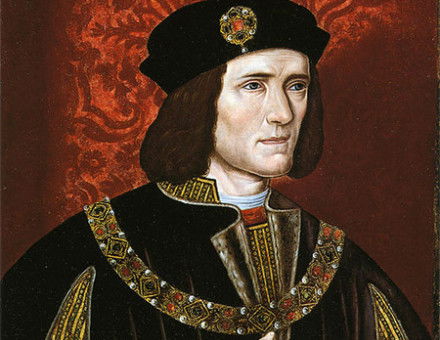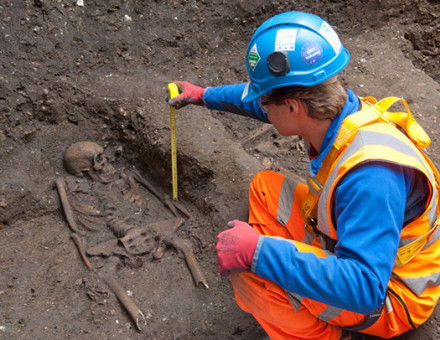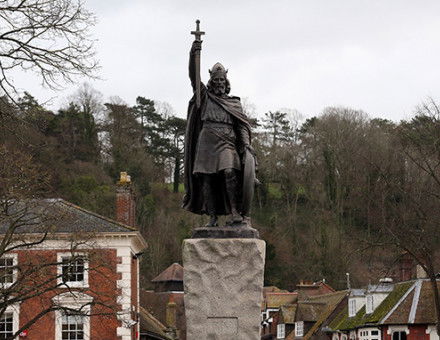The Palace of Diocletian at Split
Anthony Rhodes introduces Diocletian, the first sovereign to voluntarily resign power, and how, at the opening of the fourth century, he spent his last years in a huge fortified seaside palace of his own construction.






